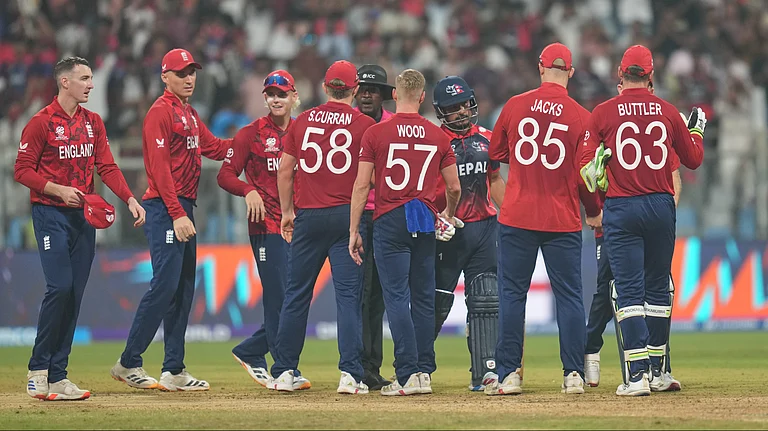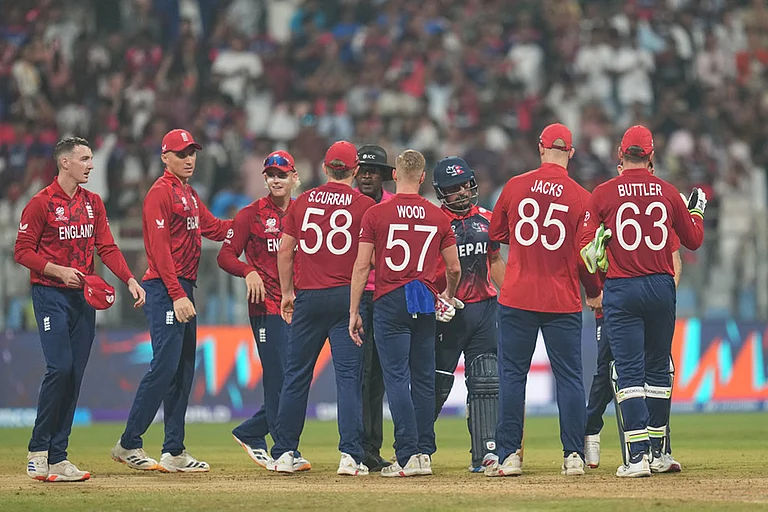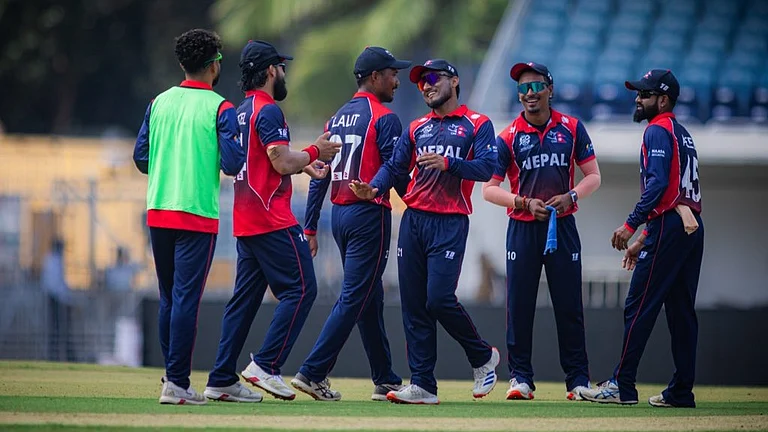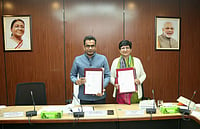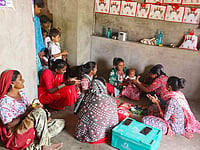While India continues to battle rubella, an infectious disease that causes severe birth defects and lifelong disabilities, neighbouring Nepal has been recognized by the World Health Organization (WHO) for eliminating the viral infection as a public health problem.
The WHO South-East Asia Regional Verification Commission for Measles and Rubella (SEA-RVC) officially verified Nepal’s achievement today, making it the sixth country in the region to eliminate rubella. Other countries, including Bhutan, DPR Korea, Maldives, and Timor-Leste, have also made significant progress in eliminating measles, underscoring the region’s commitment to tackling vaccine-preventable diseases.
“Nepal’s success is a testament to steadfast leadership, the dedicated efforts of health workers and volunteers, and the active participation of communities,” said Dr. Catharina Boehme, WHO Officer-in-Charge, South-East Asia. She endorsed the SEA-RVC’s recommendation following a thorough review of Nepal’s surveillance and immunisation data.
Nepal’s journey began in 2012 with the introduction of the rubella-containing vaccine and a nationwide immunisation campaign targeting children aged 9 months to 15 years. A second dose was added to the routine schedule in 2016. Despite challenges such as the COVID-19 pandemic and devastating earthquakes, Nepal conducted four nationwide vaccination drives, achieving over 95% coverage by 2024.
Innovative initiatives such as "Immunization Month" and targeted outreach to vaccinate missed children further accelerated progress. Additionally, Nepal implemented the WHO South-East Asia Region’s first robust laboratory testing algorithm to strengthen surveillance.
Expressing gratitude, Pradip Paudel, Nepal’s Minister of Health and Population, credited the achievement to a strong healthcare system supported by the government, partners including Gavi and WHO, and active community participation. “We call upon all stakeholders to sustain this momentum to ensure no child suffers from vaccine-preventable diseases,” he said in a statement.
“Congratulations to Nepal for eliminating rubella. This public health achievement is the result of close collaboration between the government, dedicated health workers, partners, and communities. WHO is proud to have contributed to this journey and remains committed to supporting Nepal in sustaining this accomplishment,” said Dr. Rajesh Sambhajirao Pandav, WHO Representative to Nepal.
India, too, aims to eliminate measles and rubella by 2026. Union Health Minister J.P. Nadda launched the National Zero Measles-Rubella Elimination Campaign earlier this year, noting that between January and March 2025, 332 districts reported zero measles cases and 487 districts recorded no rubella cases. He urged states to replicate the success achieved in polio and tetanus elimination.
In recognition of the country’s exceptional efforts in preventing measles and rubella, India received the prestigious Measles and Rubella Champion Award from the Measles and Rubella Partnership at the American Red Cross Headquarters in Washington, D.C., last year.
Rubella, though often mild in children, poses serious risks to pregnant women, particularly during the first trimester. Maternal infection can cause congenital rubella syndrome (CRS), leading to severe birth defects such as deafness, cataracts, heart abnormalities, and developmental delays.
Although India reported a 73% decline in measles cases and a 17% drop in rubella cases in 2024 compared to the previous year, challenges remain in achieving uniform vaccine coverage and maintaining sensitive disease surveillance.
Public health experts emphasize that continued vaccination, strong community engagement, and robust healthcare infrastructure are essential to sustaining progress against rubella and ultimately eliminating it nationwide.









